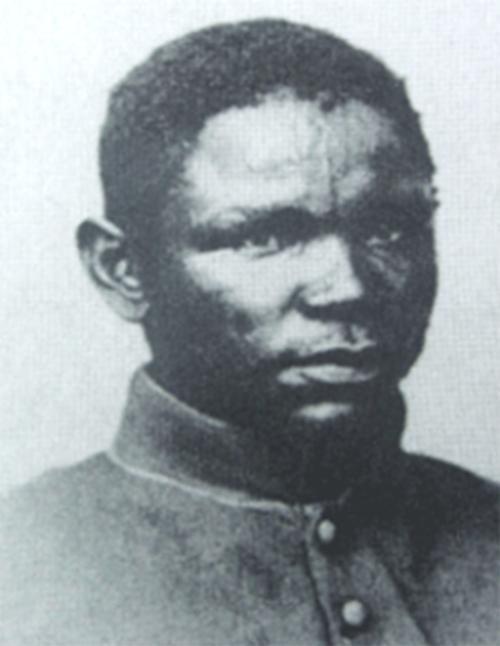All Black Americans should be able to do that.
@HarlemHottie - Hey Sis, how are you?
This story reminds of of Ahmaud Arbery. He was a descendent of Bilali Muhammad of Sapelo Island, Georgia.
Bilali Mohammed was an enslaved West African on a plantation on Sapelo Island, Georgia. According to his descendant,
Cornelia Bailey, in her history,
God, Dr. Buzzard and The Bolito Man, Bilali was from the area of present-day
Sierra Leone. He was a master cultivator of
rice, a skill prized by Georgia planters.
William Brown Hodgson was among scholars who met Bilali.
[3] Bilali was born in
Timbo,
Guinea sometime between 1760 and 1779 to a well-educated African Muslim family.
[4] He was enslaved as a teenager, taken to the Bahamas and sold to Dr. Bell, where he was worked as a slave for ten years at his
Middle Caicos plantation. Bell was a
Loyalist colonial refugee from the
American Revolutionary War who had been resettled by the Crown at Middle Caicos. He sold Bilali in 1802 to a trader who took the man to Georgia.
Bilali Mohammed was purchased by
Thomas Spalding and assigned as his head driver at his plantation on Sapelo Island. Bilali could speak Arabic and had knowledge of the
Qur'an. "Due to his literacy and leadership qualities, he would be appointed the manager of his master's plantation, overseeing approximately five hundred slaves".
[5] In the
War of 1812, Bilali and his fellow Muslims on Sapelo Island helped to defend the United States from a British attack. Upon Bilali's death in 1857, it was discovered that he had written a thirteen-page Arabic manuscript. At first, this was thought to have been his diary, but closer inspection revealed that the manuscript was a transcription of a Muslim legal treatise and part of West Africa's Muslim curriculum.
The first partial translation of the document was undertaken in 1939 by
Joseph Greenberg and published in the
Journal of Negro History. Since the turn of the 21st century, it has been analyzed by Ronald Judy,
[6] Joseph Progler,
[7] Allan D. Austin
[8] and
Muhammed al-Ahari.
Among the new details: the family histories of both Arbery’s killers, which include ancestors who enslaved people and fought for the Confederacy.
They also uncovered Arbery’s link to one of the most well-known enslaved people in Georgia, Bilali Mohammed on Sapelo Island. Mohammed was the highly educated author of a manuscript on Islamic belief and rules discovered after his death in 1857.
“Buried Truths,” the podcast based on an Emory course that most recently focused on the killing of Ahmaud Arbery, has won a prestigious award from the American Bar Association.
news.emory.edu
Listen here:
Buried Truths
The episode is titled "Roots."
SEPTEMBER 16, 2020
Roots | Ahmaud Arbery 4



